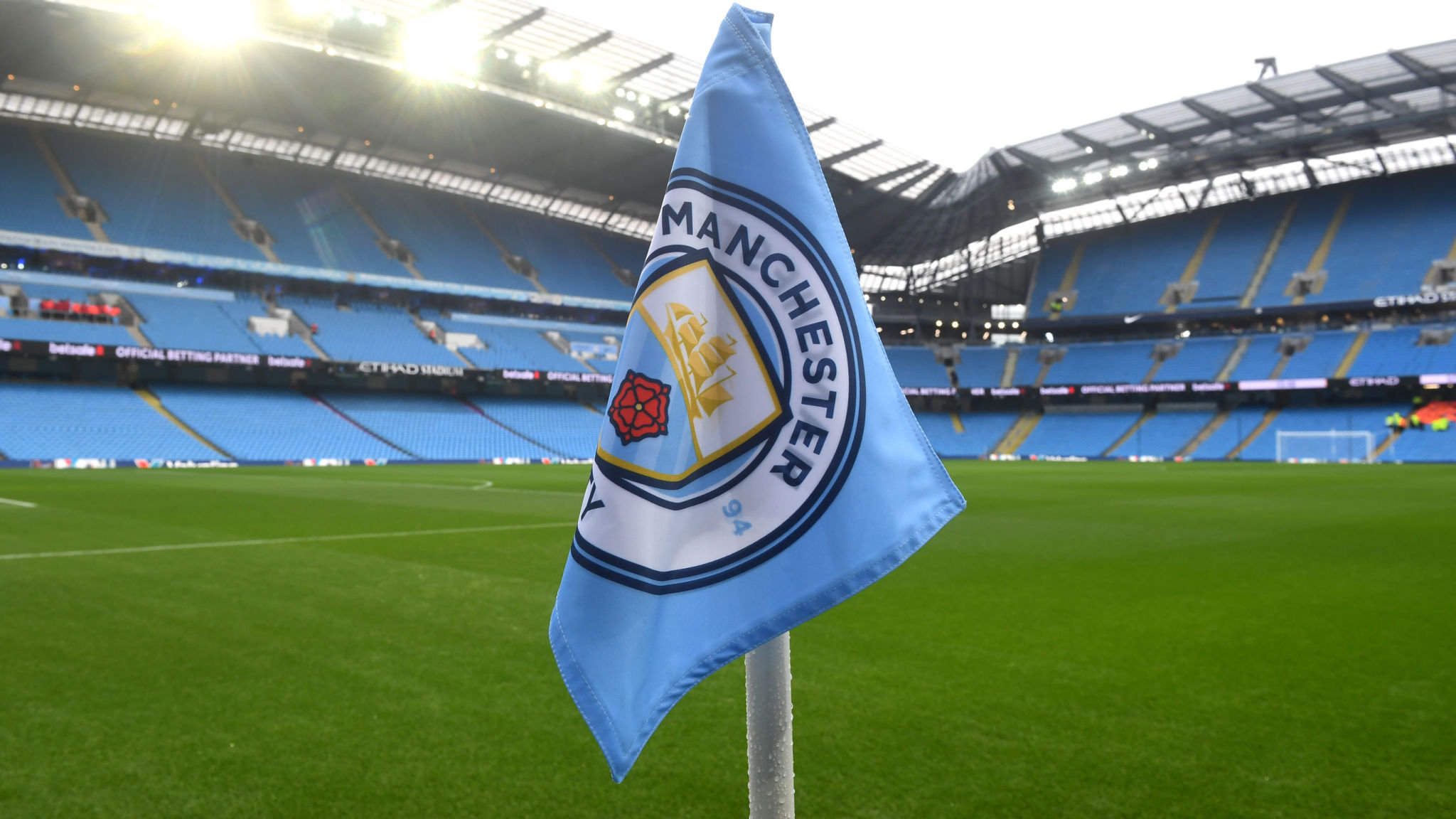
By Nancy Armour |
Take note, Major League Baseball. This is how you punish cheaters.
European soccer authorities kicked Manchester City, one of England’s biggest and most successful soccer clubs, out of its marquee tournament for the next two years on Friday. Fined them the equivalent of $32.5 million, too.
Man City’s offense? “Serious breaches” of the financial rules that are designed to maintain a level of parity in European soccer. Or at least prevent a couple of teams with ridiculously wealthy owners from spending into oblivion in pursuit of a title.
Under the Union of European Football Association’s financial fair play rules, teams are barred from spending more on players than they generate from TV contracts, tickets and sponsorships. Think of it as a salary cap unique to each team. If a team can line up several massive sponsorship deals, it can sign the likes of a Messi or a Ronaldo. If it doesn’t, well, then it can’t.
Man City is owned by the ruler of the United Arab Emirates’ brother, and he’s spent big in the past decade to transform the team, which used to be kind of awful. The problem is that UEFA found the source of his cash was actually a UAE-backed investment company, which funneled the money through companies with ties to the state, including Etihad, the national airline.
UEFA has insisted it was serious about keeping the billionaire boys’ clubs in check. That it actually did so was as stunning as the punishment itself.
Man City has won four of the last eight English Premier League titles, including the last two, and its participation in the Champions League, a tournament featuring the top clubs from throughout Europe, had become a given. Imagine the NFL kicking the New England Patriots out of the playoffs for the next two seasons for Deflategate, and you get the idea.
But UEFA understood what MLB clearly did not with the Houston Astros. When a team cheats, it damages the entire game.
Yes, deep-pocketed teams such as Liverpool, Man City, Barcelona, Juventus, Bayern Munich and PSG are always going to have an advantage. But UEFA’s rules ensure that small teams like Leipzig or Porto will at least have a fighting chance.
Had Man City not been held accountable, fans of teams like Brugge, Leipzig and Benfica would wonder why they even bother. They’d look at Man City’s run to the Champions League semifinals four years ago, or its semifinal finishes the past two years, and theorize that it wouldn’t have happened without the deception.
All of UEFA would have been tarnished by Man City’s fraudulence, and its Champions League tournament would always be a little lesser because of it.
Which brings us back to MLB and the Astros.
Astros owner Jim Crane can insist all he wants that the team’s sign-stealing scheme had no impact on its record and definitely not on Houston’s World Series title in 2017. But aside from begging reality – of course a hitter is going to be more successful when he knows what pitch is coming – there’s no way to prove what Crane claims.
In the absence of that, and with everyone else in baseball still seething, everything the Astros did and will do going forward is open to suspicion. Their World Series title, their AL pennant last year, their players’ individual awards – none of it will ever be viewed with anything but skepticism.
And when one team isn’t trusted, all of baseball will be suspect.
Barring the Astros from the playoffs for a season or two, or stripping them of their World Series title, won’t change what they did in 2017 or 2018. It won’t make right the damage they did to opposing pitchers.
But it would at least be a measure of accountability, a means of holding them responsible and warning other teams not to get similar ideas in the future. It also would show the game’s fans that integrity means something, that you can trust the product MLB is putting out there.
Man City has already said it plans to appeal UEFA’s decision. But even if the entire punishment is overturned, UEFA at least showed it was willing to fight for the integrity of its game.
If only MLB cared as much.
This article was republished with permission from the original author and 2015 Ronald Reagan Media Award recipient, Nancy Armour, and the original publisher, USA Today. Follow columnist Nancy Armour on Twitter @nrarmour.